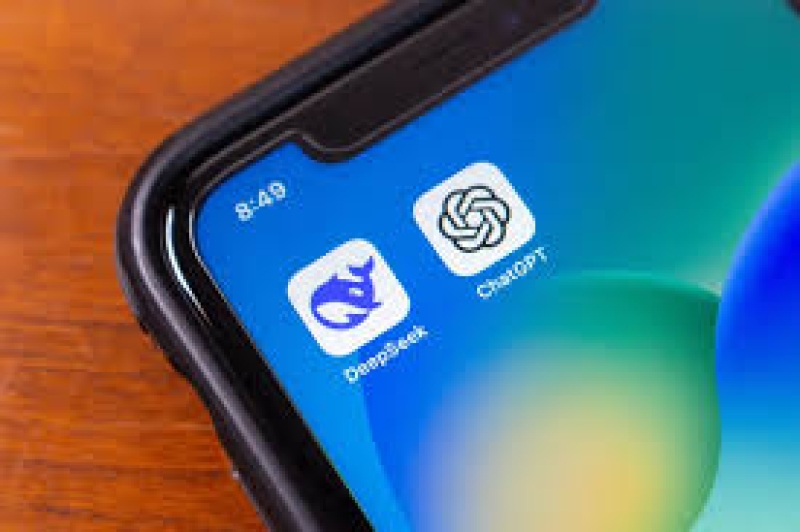- Inqilab Monch Seeks Home Adviser’s Exit |
- UN Calls for Calm in Bangladesh After Protest Leader’s Killing |
- DMP issues 7 traffic directives for Osman Hadi’s Janaza |
- Vested quarter fuelling chaos to impose new fascism: Fakhrul |
- Hadi’s namaz-e-janaza at 2:30pm Saturday |
Chinese AI Firms Celebrate DeepSeek's Success, Defy Restrictions

Chinese tech companies have shrugged off international concerns over the fast-rising chatbot maker DeepSeek, expressing confidence that the country’s tech startups will continue to make significant strides in the global artificial intelligence race.
DeepSeek, based in Hangzhou, made waves last month with its R1 chatbot, which impressed industry insiders for its ability to match Western competitors in performance—while coming at a fraction of the cost. The R1’s remarkable success has quickly turned it into a symbol of China’s growing AI prowess.
However, the app's handling of user data has raised alarms, prompting countries like South Korea, Italy, Australia, and some US states to ban or impose strict restrictions on its use.
“China has faced its fair share of restrictions over the years, especially from the US,” said Sun Dasheng, an employee of AI server maker Puersai Computer, during an interview at the Global AI Developers' Conference in Shanghai. “But our country is determined to press forward, regardless of these challenges.”
Sun’s optimism was shared by many other exhibitors at the conference, who boldly showcased banners and posters promoting DeepSeek’s open-source software—despite the company’s absence from the event. Humanoid robots, including the viral model that danced on CCTV’s Lunar New Year show, were also on display throughout the venue, highlighting China’s rapidly advancing AI capabilities.
“The introduction of the R1 model has opened up endless possibilities for industries and products related to large language models,” said Mark Feng, a product manager at chatbot maker Mobvoi. “We believe this is just the beginning.”
Before DeepSeek's breakthrough, many believed China couldn’t produce AI models on par with those in the United States. Yet, as Lian Feng from Shanghai-based Tiangang AI Trading Platform noted, China has proven it can develop competitive AI software while simultaneously controlling crucial parts of the global supply chain—giving it a unique edge over the US.
A ‘Wake-Up Call’
Former US President Donald Trump has called DeepSeek’s release a “wake-up call” for American companies, pointing to the R1's remarkably low development cost—$5.6 million—compared to the enormous $500 billion AI initiative he launched during his presidency.
Lian compared DeepSeek’s rise to the 2008 release of Android, which offered a more affordable and widely accessible alternative to Apple's iPhone, ultimately transforming the smartphone industry. “The high price of iPhones restricted the rapid growth of smartphones and the mobile internet revolution,” he said.
Lian is optimistic that DeepSeek will have a similarly transformative impact on the generative AI market, reshaping the industry in the years ahead. “I believe we still have room to grow,” Sun from Puersai Computer added. “In the next three to five years, we’ll see an even more impressive landscape.”

